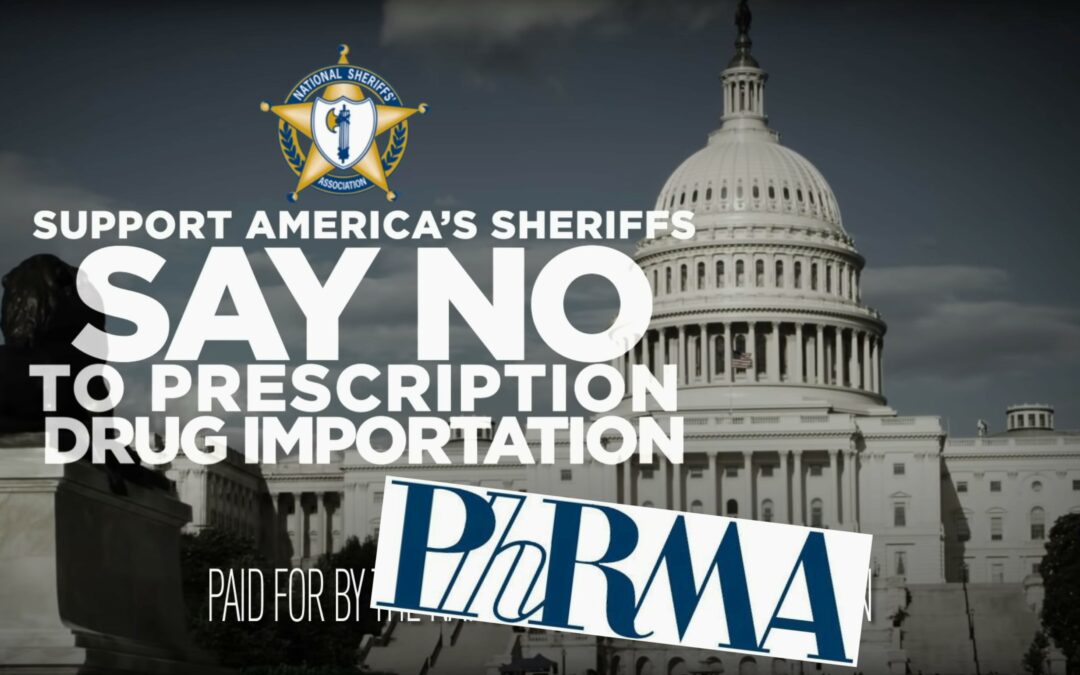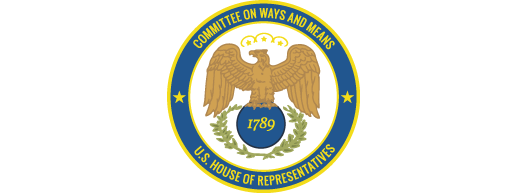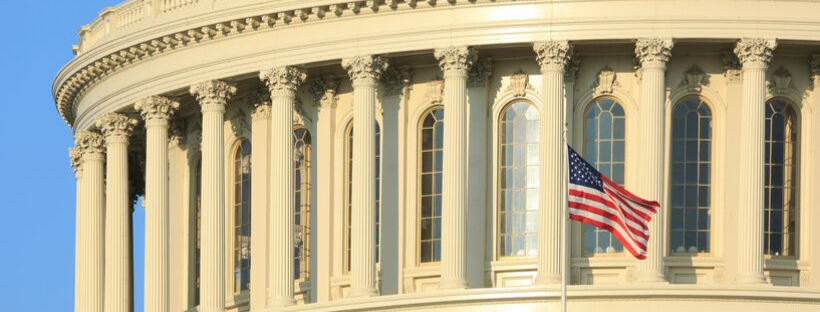by Gabriel Levitt, President, PharmacyChecker.com and Prescription Justice | Nov 1, 2019 | Big Pharma
Photo by Element5 Digital on Unsplash
This week, I simply want to bring your attention to an article in The New Republic called “The Toxic Nationalism of the Pharmaceutical Industry.” Basically, the author Audrey Farley describes how the pharmaceutical industry has employed nationalism, racism, and prejudice in its communications and lobbying strategies that put profits over patients. To temper any hyperbolic mudslinging at the industry, overall, I note a disclaimer that most individuals working for drug companies are certainly no more biased or racist than other industries. My point is that Ms. Farley’s article just goes deeper in showing how disgusting and stupid the industry can actually be.
I’ll give two examples, the first I’ve written about before (but not as well). The Medicare Modernization and Prescription Drug Improvement Act of 2003 included legalizing the importation of lower-cost medicines from Canada, as long as the Secretary of Health and Human Services certified that the new imports would pose no additional safety risks and would yield substantial savings. The next year, someone from the Pharmaceutical and Researchers and Manufacturers of America (PhRMA) commissioned the writing of a fictional novel in which Muslim terrorists poison the drug supply in Canada to kill Americans who were buying lower-cost medicine from Canada.
(more…)Tagged with: Audrey Farley, the new republic
by Gabriel Levitt, President, PharmacyChecker.com and Prescription Justice | Oct 25, 2019 | Big Pharma
This week, journalist Ben Elgin of Bloomberg published an exceedingly thorough and investigative report about how the Partnership for Safe Medicines (PSM), funded by the Pharmaceutical Researchers and Manufacturers of America (PhRMA), is behind a massive campaign to defeat drug importation proposals that seek to lower drug prices. In fact, the report disclosed that PSM apparently received $7 million in 2017 to oppose importation. But the story omitted what’s arguably most important to consumers now, as I see the evidence shows: PSM’s misinformation about access to lower-cost medicines available online from foreign pharmacies.
I’ve been writing about the Partnership for Safe Medicines since 2010. PharmacyChecker is a target of PSM’s “public education” campaigns about online pharmacies, and PSM is one of the defendants in our current antitrust lawsuit against several organizations funded by drug companies. PSM’s recent blitz against drug importation is not just about state wholesale drug importation proposals or Trump’s related initiatives: far from it. The evidence from its history shows it’s about undermining the case for personal drug importation.
The Bloomberg report points correctly to 2003, the year that legislation passed to allow importation from Canada, but with a poison pill built in. The Secretary of Health and Human Services would have to certify that the new imports would pose no new safety risks and would achieve significant savings. It was that same year that PhRMA hired Edelman, a public relations firm, to put together focus groups to find out how to stop Americans from importing their medications for personal use, since the federal prohibitions were not a deterrent (as no one is prosecuted for such small imports). PhRMA concluded that instilling fear of counterfeit drugs among consumers was the way of the future. That year, PSM was born.
(more…)Tagged with: bloomberg, Partnership for Safe Medicines
by Gabriel Levitt, President, PharmacyChecker.com and Prescription Justice | Oct 18, 2019 | Drug Prices
A few weeks back, I wrote about the House Ways and Means Committee international drug price report, which very competently compared U.S. patented drug prices with 11 other countries. The report found that 79 drugs, ones that account for 60% of Medicare drug spending, are on average priced just under 75% lower internationally vs. the U.S. when looking at ex-factory, meaning wholesale prices.
I half-joked that the Committee was recommending looking abroad for lower drug prices. They were not focusing on drug importation. However, the Committee held a hearing yesterday in which foreign drug prices were central to the debate. The focus of the hearing was a bill, H.R. 3, Lower Drug Costs Now Act, which seeks to lower drug prices in Medicare by empowering Medicare to negotiate with drug companies prices on certain, generally very expensive drugs. There’s a backstop in the bill if the drug companies won’t negotiate in which drugs would be priced at 120% of the average price of six high-income countries. That’s called international reference pricing. The bottom line here is that Congress is now shining a bright light on how much more expensive the “same” drugs are in the U.S. vs. abroad.
(more…)
by Gabriel Levitt, President, PharmacyChecker.com and Prescription Justice | Oct 11, 2019 | Drug Prices
The FDA has finished draft guidance on one of two of the
Trump administration’s drug importation policy ideas, referred to as Pathway
II. The title of this post may seem like a joke for those of you who follow the
issue of drug importation in America, but it is real. As a reminder, in August 2019
the
administration took its support for drug importation a step further by
stating its willingness to support state drug importation programs, Pathway I,
and a new idea to give drug companies greater flexibility with their global
drug supplies to offer better prices in the U.S, called Pathway II.
Earlier this week, the guidance on Pathway II was sent to
the White House Office of Management and Budget (OMB), although I believe it’s
not public yet. I found out about the submission to OMB here (BioCentury). It doesn’t relate – at least not
directly – to personal drug importation, but it frees the hands of drug
companies to sell their own foreign versions of FDA-approved drugs at lower
prices in the U.S. market. Its indirect relation to personal drug importation
is noted at the end of this post.
Some of this is guesswork. It’s not entirely clear to me
what drugs are permissible under Pathway II and it won’t be until the draft
guidance is made public.
(more…)
by Gabriel Levitt, President, PharmacyChecker.com and Prescription Justice | Oct 4, 2019 | Drug Prices
If you care about and follow the issue of drug prices, then this week was bizarre on the political scene. In a press conference with Rep. Adam Schiff (D-CA) at her side, Speaker of the House Nancy Pelosi (D-CA) was imploring the media not to focus only on impeachment but on drug prices, noting that she believes Congress and President Trump can continue to work together despite the friction.
Yesterday, Trump was courting
seniors in Florida, extolling drug price reductions under his watch that
kind of, you know, never really happened and promising to save Medicare from
“socialism” (go figure, Medicare is already a huge government program).
Bizarrely, he implied that Big Pharma might have something to do with the
impeachment inquiry against him. Maybe his Secretary of Health and Human
Services, former Eli Lilly Pres. Alex Azar, is in on the “coup”… just
joking.
In the haze of the political circus, something fundamental
keeps getting lost. During Trump’s 2016 campaign, the only policy he put
forward on his website to bring down drug prices was drug importation. See
below screenshot:
(more…)Tagged with: Adam Schiff, Lower Drug Costs Now Act, Nancy Pelosi
by Gabriel Levitt, President, PharmacyChecker.com and Prescription Justice | Sep 26, 2019 | Drug Importation
A report (“A Painful Pill to Swallow: U.S. vs. International Prescription Drug Prices”) was released this week by the Congressional House Ways and Means Committee, showing that brand name drug prices are much lower – by about 75% on average – in other high-income countries. Who knew? Well, our analysis from this past summer showed that the average savings on popular brand drugs filled through online orders with Canadian pharmacies was 75%. When including pharmacies in other countries, the savings jumped to 90%. Those include pharmacies located in middle income countries, such as Turkey. For the record, these are comparisons among PharmacyChecker-accredited online pharmacies.
The committee’s report looked at prices of 79 brand name
drugs in the following countries: Australia, Canada (specifically Ontario),
Denmark, France, Germany, Japan, Netherlands, Portugal, Sweden, Switzerland,
and the United Kingdom. I highly recommend reading this report if you want to
learn about international drug price differentials and better understand how
Americans are getting ripped off.
(more…)Tagged with: Congressional House Ways and Means Committee, External reference pricing








